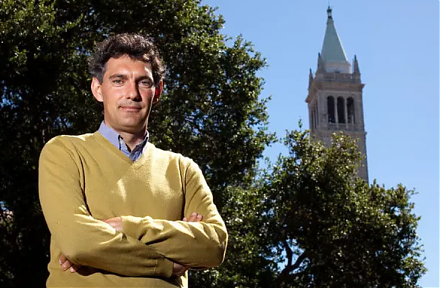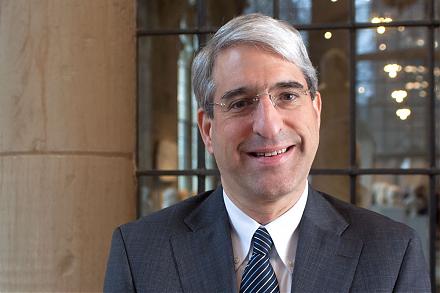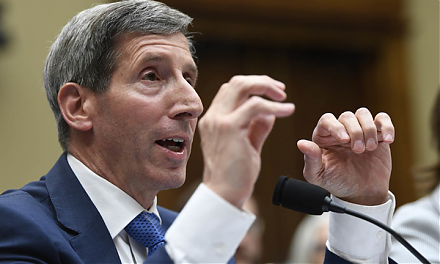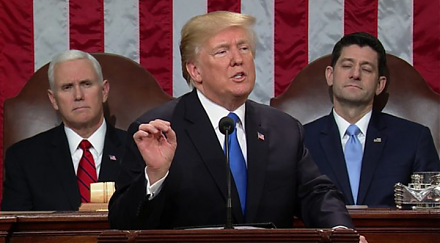

2018-01-05 07:37:00 Fri ET
trust perseverance resilience empathy compassion passion purpose vision mission life metaphors seamless integration critical success factors personal finance entrepreneur inspiration grit
Warren Buffett cleverly points out that American children will not only be better off than their parents, but the former will also enjoy higher living standards in the next decades. His top 2 secrets to U.S. wealth creation are innovation and productivity. The former encapsulates key technology transfer in education, health care, finance, communication, and so on. The latter involves labor-augmenting productivity gains that can readily turn into real GDP economic growth.
As the CEO and Chairman of Berkshire Hathaway, Warren Buffett has a net worth of $85 billion as of early-2018. He is a generous philanthropist who has given away more than $27 billion in the past decade. This multi-billionaire is well-known for his frugal habits, enjoys daily McDonald's breakfasts, and insists on using his favorite flip phone. Buffett prefers to invest in bluechip value stocks or public companies with high ratios of book-to-market equity, dividend-to-price, and net-profit-to-price.
Buffett believes that sound corporate governance contributes to both better market valuation and operating performance with competitive moats. Berkshire Hathaway beats most mutual funds and asset management firms etc with an impressive 19% average annual return. Buffett's value investment strategy focuses on buying the common stocks of public corporations that operate as profitable cash cows with conservative asset growth.
If any of our AYA Analytica financial health memos (FHM), blog posts, ebooks, newsletters, and notifications etc, or any other form of online content curation, involves potential copyright concerns, please feel free to contact us at service@ayafintech.network so that we can remove relevant content in response to any such request within a reasonable time frame.
2019-01-23 11:32:00 Wednesday ET

Higher public debt levels, global interest rate hikes, and subpar Chinese economic growth rates are the major risks to the world economy from 2019 to 2020.
2025-06-21 10:25:00 Saturday ET

Former New York Times science author and Harvard psychologist Daniel Goleman explains why emotional intelligence can serve as a more important critical succ
2018-01-13 08:39:00 Saturday ET

The Economist digs deep into the political economy of U.S. government shutdown over 3 days in January 2018. In more than 4 years since 2014, U.S. government
2019-06-21 13:33:00 Friday ET

Amazon and Google face more intense antitrust scrutiny. In recent times, Justice Department and Federal Trade Commission have reached an internal agreement
2018-01-29 07:38:00 Monday ET

President Donald Trump delivers his first state-of-the-union address. Several key highlights touch on economic issues from fiscal stimulus and trade protect
2018-09-07 07:33:00 Friday ET

The Economist re-evaluates the realistic scenario that the world has learned few lessons of the global financial crisis from 2008 to 2009 over the past deca